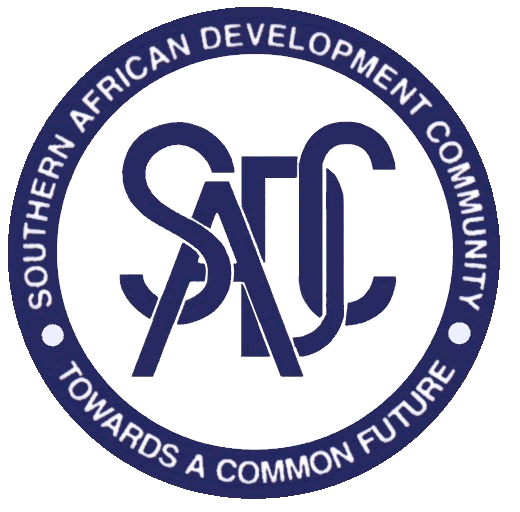In the developing world, disease and poverty are interdependent making access to essential medicines at affordable prices even more critical. 80% of the two billion people worldwide without access to essential medicines live in low income countries. As such, competitive rivalry in the pharmaceutical industry can improve access to medicines by reducing prices and through motivating brand companies to challenge existing patent drugs and create new and improved medicines. Furthermore, upon expiration of patent drugs, competition encourages generic companies to provide less expensive alternatives of medicines.
EDITOR'S NOTE: QUARTERLY COMPETITION REVIEW
Uber: a game-changer in passenger transport in South Africa?
Shingie Chisoro Dube
The entry of the app-based Uber service into South Africa’s local passenger transport industry in 2013 raises important competition and regulatory issues. Uber is a taxi smart phone application that uses the customer’s smartphone to detect their specific location using the global positioning system (GPS), and instantly connects the customer to the nearest available driver. Uber taxis work in exactly the same manner as traditional metered taxis in that they both take the customer to their intended destination for a metered fee. However, Uber is a technology-driven service that uses a convenient electronic taxi-hailing system to find, book and pay for taxi services. This presents an innovative new technology platform in the local taxi industry.
New energy in the region’s fuel market: Puma Energy - Brent Oil merger
Maria Nkhonjera
The recent merger in South Africa between Puma Energy and Brent Oil, recently approved by the competition authorities, may change the competitive landscape in regional and South African markets for fuel retail, leveraging Puma’s long-established presence throughout the rest of the region. This article considers the implications of the merger.
Cartel settlements, leniency and penalties in African jurisdictions
Thando Vilakazi
Representatives of competition authorities from various African countries frankly discussed cartel penalties, settlement and leniency programmes at the CCRED Annual Competition and Economic Regulation Week in March 2015 in Zimbabwe. In this discussion, authorities highlighted the challenges of enforcement actions involving complex collusive conduct, the need for deterrent penalties, the lack of local case precedent developed through rigorous contested hearings, and the resource constraints which hamper enforcement actions and deterrence in particular.
Muted battle for the region’s skies: competition in the airline industry
Anthea Paelo
The deregulation of the South African airline industry in 1991 paved the way for the entry of a number of low cost carriers (LCCs). However, of the eleven airlines to enter the industry between 1991 and 2012, only one is still in operation. Other privately owned airlines such as Nationwide, Velvet Sky and 1time operating from 1995 to 2008, 2011 to 2012 and 2004 to 2012, respectively, have exited even after remaining in the market for significant periods.
The beer industry in Africa: a case of carving out geographic markets?
Lauralyn Kaziboni and Reena Das Nair
Competition investigations on abuse of dominance by near-monopoly beer producers have typically been limited to national boundaries and within the jurisdiction of single national competition authorities. However, it is increasingly recognised that viewing transgressions as neatly falling within political borders is restrictive, and often misses the ‘bigger picture’ of the firm’s overall strategy and conduct.
Exclusive agreements in pay-tv
Anthea Paelo and Pamela Mondliwa
Kenya’s recent competition case against DSTV in the pay-tv industry is only one more in a growing list of complaints relating to exclusive agreements in the industry in African countries. In this particular case, Zuku, a satellite pay-tv provider and competitor to DSTV, approached the Competition Authority of Kenya (CAK) to protest MultiChoice’s (DSTV’s parent company) exclusive rights over content such as broadcasting of the English Premier League (EPL).
Part two: Mobile money in Kenya and Zimbabwe
Lebogang Nleya and Genna Robb
In the April edition of this Review, we discussed some emerging competition issues with mobile money in Africa. In a number of countries the telecoms companies that provide the mobile payments service have established positions of significant market power which have raised concerns of potential abuse of dominance.
Regional dimensions of competition in poultry
Tatenda Zengeni
The growth of the poultry industry in African countries and its potential for labour absorption has attracted significant investments to the sector. The strategic importance of the sector has also resulted in the proliferation of policies to support local producers in order to gain from the potential for localised growth.











